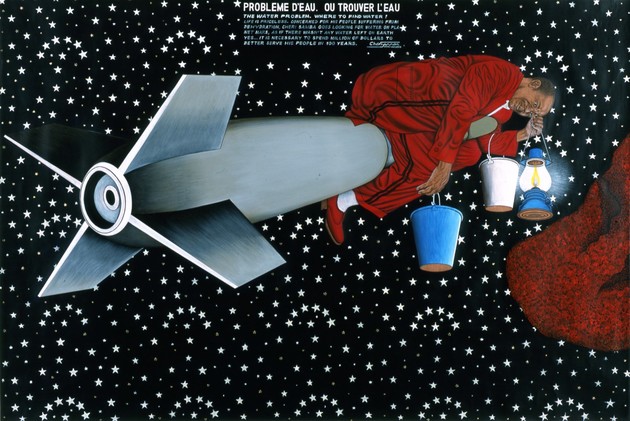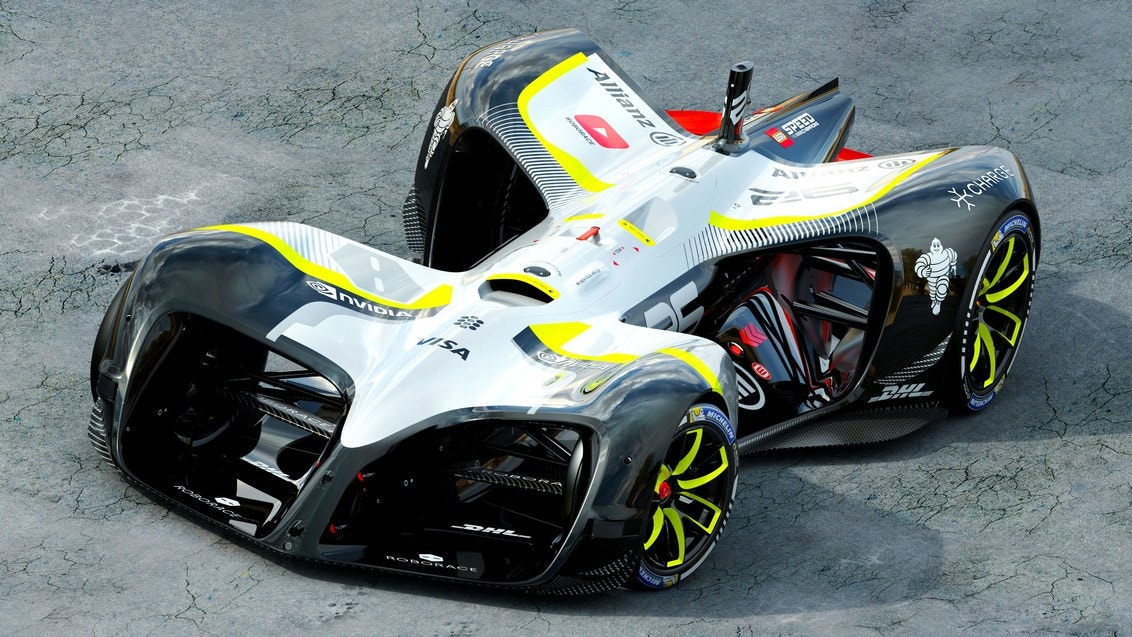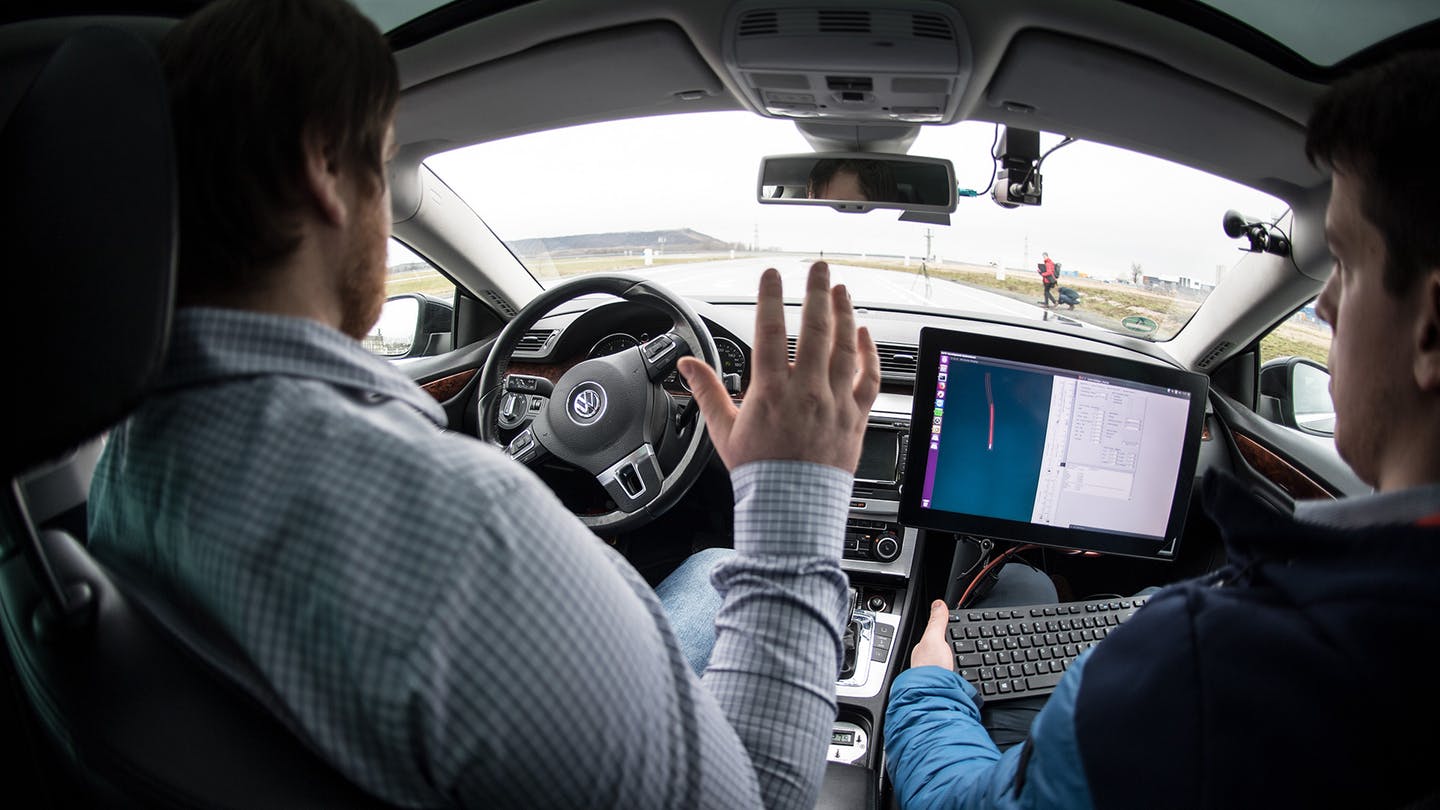
We expect much from the autonomous cars of the future.
We want them to be better drivers than us humans. We want them to handle driving tasks effectively and safely, avoiding fatalities, injuries, and property damage. And we expect these them to be a significant factor in reducing car crashes that kill 1.35 million people every year, more than half of whom are pedestrians, motorcyclists, and cyclists.
And when faced with complex driving situations, we want the autonomous car of the future to maneuver them gracefully and in a manner accepted by society. We continue to debate the intricacies and myriad variations of the Trolley Problem and the details of the technology we expect will one day deliver the appropriate behavior.
Read More



